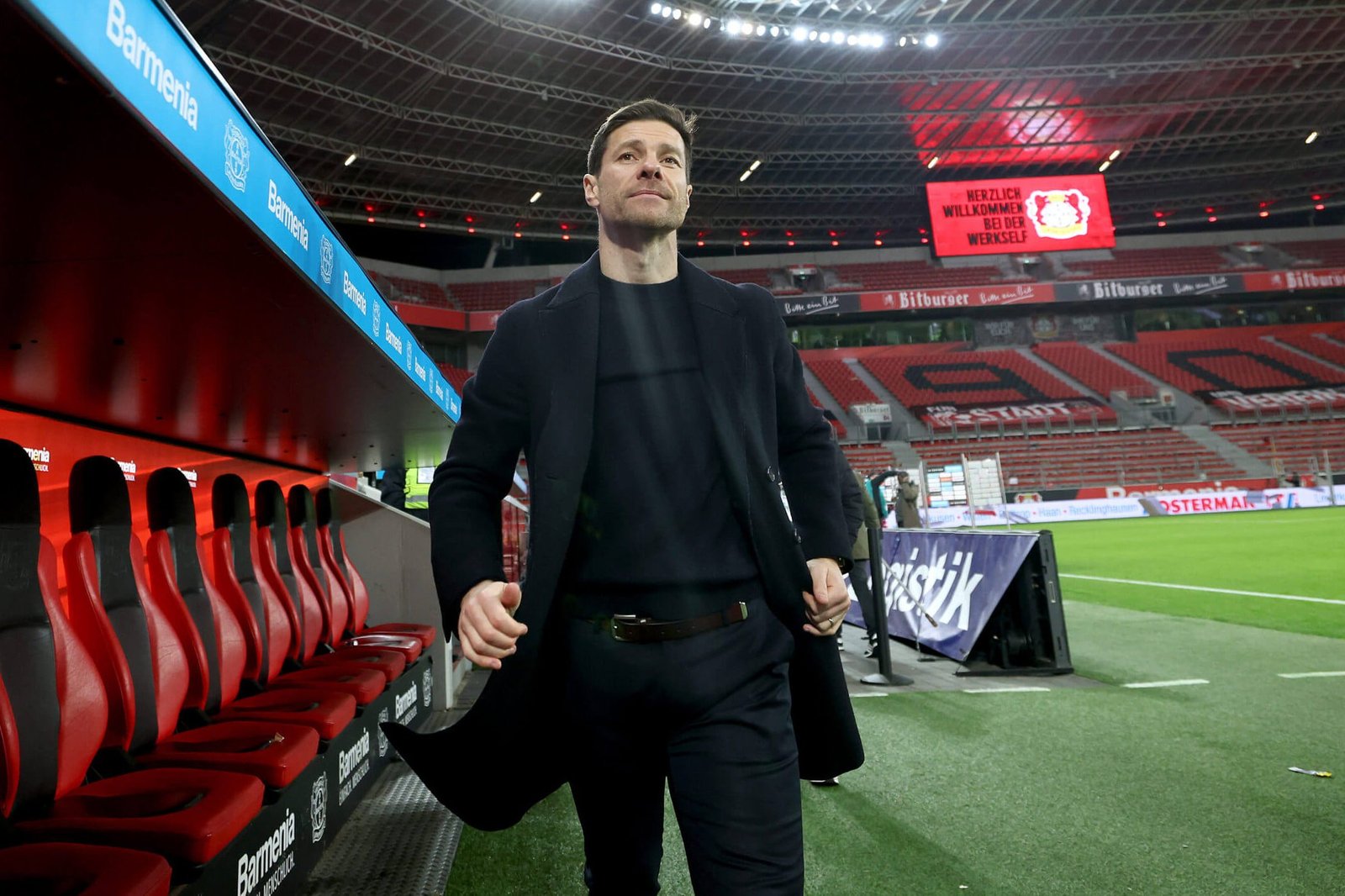Since Michael Edwards left Liverpool in 2022, he has rejected multiple attempts to persuade him to return to football.
Some of those opportunities offered more responsibility than he had at Anfield. At Chelsea, following the buyout from Todd Boehly and Clearlake Capital, Edwards could have become the club’s most senior administrator. There was also a chance to head the football operation at 777 Partners, which is still trying to buy Everton.
Edwards wasn’t tempted, largely because he wanted to spend time with his family after 11 years at Liverpool and he was enjoying the independence of working as a consultant for Ludonautics, the sports advisory business founded by Ian Graham, Liverpool’s former director of research.
The Athletic reported in January that Edwards was not interested in returning to Liverpool despite being offered the chance by Fenway Sports Group (FSG) president Mike Gordon, shortly after it was announced that Jurgen Klopp was leaving the club at the end of the season.
Edwards’ position has not changed over the last five weeks and there is no indication that it will. Yet FSG executives — particularly its principal owner, John W Henry — have retained a curious obsession about bringing him back.
Before leaving Liverpool two years ago, Edwards had the title of sporting director and a new role would always have involved a greater scope. FSG is keen for more decisions to come from Liverpool rather than Boston, where the organisation is based.
There has never been any suggestion that Edwards’ reluctance to return has been based on a lack of receiving greater responsibility at Liverpool. The position was always going to be a powerful one — not least because the new sporting director is being charged with leading the search for Klopp’s replacement.
Michael Edwards, Jurgen Klopp and Mike Gordon (John Powell/Liverpool FC via Getty Images)
FSG is keen to show any new manager they would be supported by a robust leadership structure, avoiding problems like those Unai Emery ran into when he succeeded Arsene Wenger at Arsenal.
Now in charge at Aston Villa, Emery has shown what he can do with the right people behind him.
All of this makes sense, but the strategy also brings risk. Waiting for Edwards to change his mind without doing much to alter his stance seems like a waste of time. After working with him for so long, FSG should know how to motivate him.
From here, the longer Liverpool take to arrive at any decision about the sporting director, the greater the chance they risk missing out on the manager they want to take over from Klopp.
Edwards’ status at Liverpool grew because of his relationship with Gordon. Given the supposed trust that existed between the pair, contact about any future role could have been made earlier than January.
Liverpool had known about Klopp’s departure for almost three months by the time his decision was made public on January 26. Liverpool have also been looking for a permanent sporting director since November 2022, when Julian Ward announced his shock departure.
Jorg Schmadtke temporarily filled the gap, yet FSG knew he would only carry on until the end of January.
The impasse leaves Liverpool looking like they are scrambling around, hoping that something, or someone, falls into place.
There is another possibility — that this is all a smokescreen and that FSG is sewing up a deal for another sporting director while allowing speculation over Edwards to run riot. That cannot be entirely ruled out given that, in football, not everything is always as it seems.
The same applies to the manager. If he has decided to take charge of Liverpool in the summer, it would be in Xabi Alonso’s interests for his future employers to be connected to all sorts of replacements over the next few months. Alonso’s focus is on winning the Bundesliga title for the first time in Bayer Leverkusen’s history — the last thing he needs is the distracting noise generated from questions about the challenge of succeeding Liverpool’s greatest manager this century.

Xabi Alonso is the frontrunner to replace Jurgen Klopp (Alexander Hassenstein/Getty Images)
If that were the case, it would be in Liverpool’s interests to prioritise the recruitment of a sporting director, letting that pursuit freeze manager talk and take the focus away from Alonso — to some degree, at least.
Maybe such planning grants FSG too much credit. You will hear modern politicians and historical institutions regularly discuss the “optics” of any given situation.
For Liverpool, they do not look very promising.
(Top photo: Robin Jones/Getty Images)
Read the full article here


